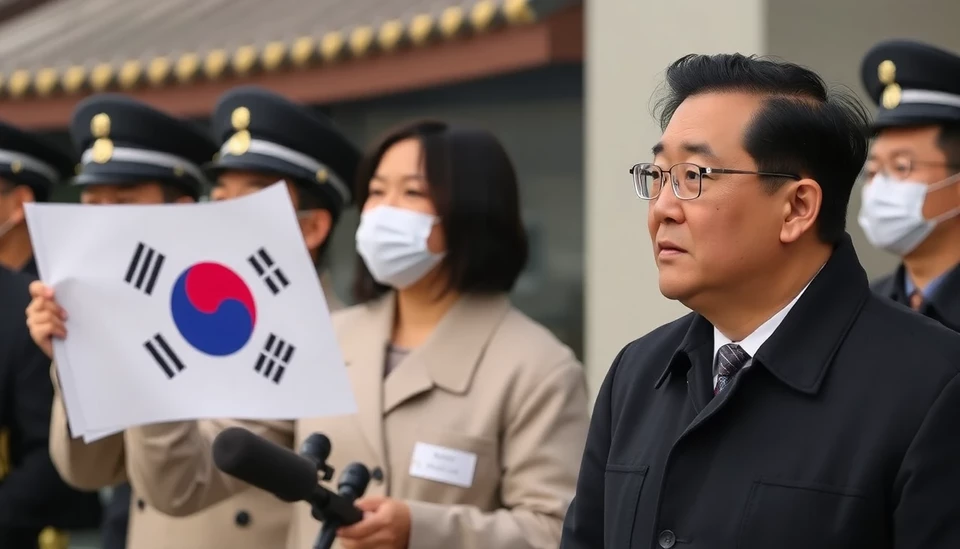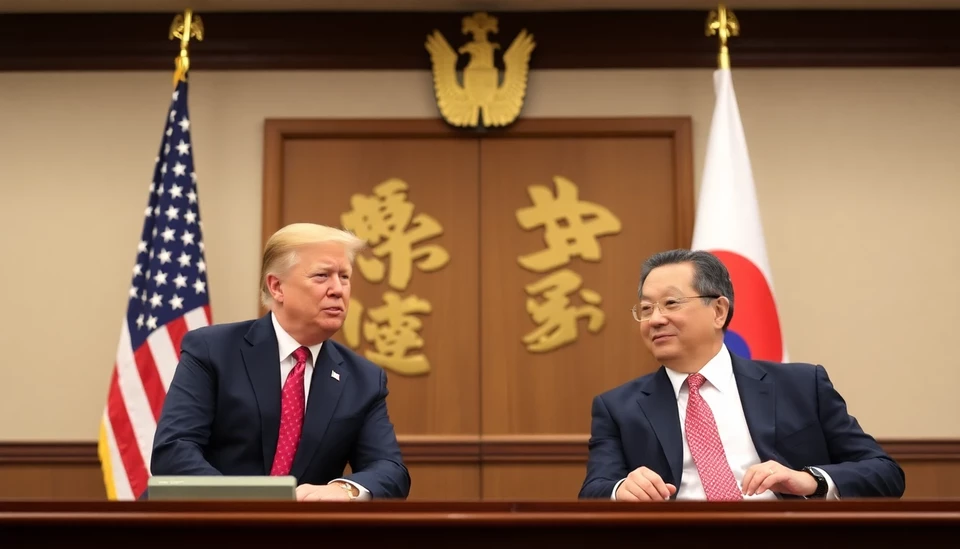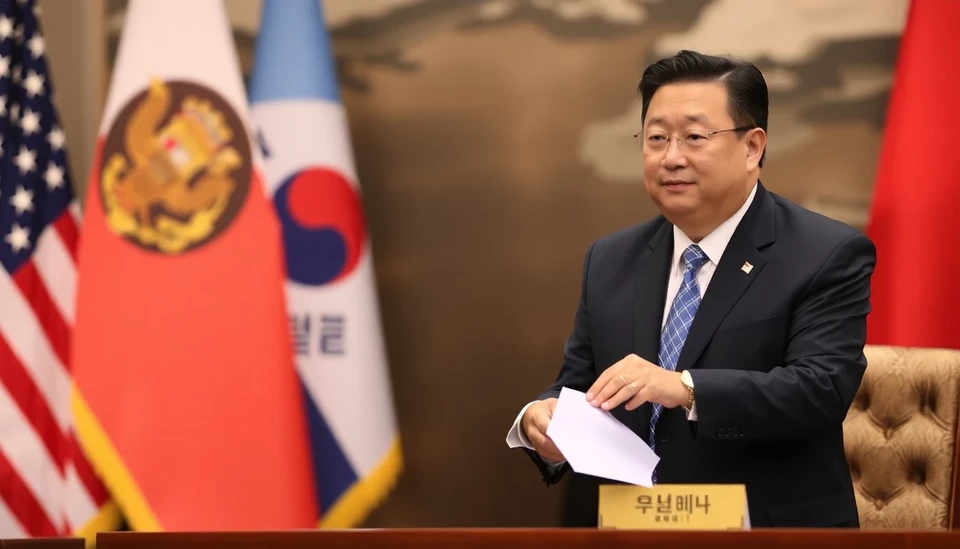
In a significant shift regarding economic expectations, South Korea's government has sharply revised its Gross Domestic Product (GDP) forecast for the upcoming year. This adjustment comes in the wake of unprecedented political turmoil after the declaration of martial law in response to escalating protests and unrest, which has raised concerns over economic stability.
The South Korean Ministry of Economy and Finance announced a reduced GDP growth forecast of 2.3% for the upcoming year, a substantial decrease from the previous estimate of 3.1%. This downward adjustment reflects increasing uncertainties stemming from the government's response to civil unrest and its potential impacts on consumer confidence and investment.
Authorities initially instituted martial law to control widespread protests against various socio-economic issues, including rising costs of living and government policies perceived as unfavorable. However, this move has sparked nationwide backlash, with critics arguing that it threatens democratic principles and could further aggravate the public's discontent.
In light of this turmoil, businesses are feeling the strain. The uncertainty surrounding the government’s approach to handling the protests has left many companies wary about future investments. Consumer sentiment is reportedly becoming more pessimistic, as many citizens express worries about the government’s authoritarian measures and their potential effects on personal freedoms and economic opportunities.
The adjustment in GDP growth marks a serious concern among economists who fear that if the instability continues, South Korea may confront a protracted period of economic stagnation. Potential repercussions of the martial law include diminished foreign investment and heightened risks of a recession. The International Monetary Fund (IMF) has also weighed in, suggesting that the country’s economic outlook is contingent upon restoring public confidence and alleviating social tensions.
In an effort to stabilize the situation, government officials have emphasized posturing towards dialogue and negotiation with protest leaders. They stress the importance of addressing the underlying issues that have led to public dissatisfaction, including economic disparity, unemployment rates, and cost of living concerns. However, critics remain skeptical of government promises, arguing that real change requires more than just verbal assurances.
The martial law situation has escalated quickly, and the government faces increasing pressure to find a viable path forward that prioritizes both public safety and civil rights. Economists are urging quick and decisive measures to rebuild trust among citizens and to foster a more conducive environment for economic growth.
As 2025 begins, the ripple effects of South Korea's internal struggles continue to be felt across various sectors, with all eyes on government actions and their implications for the national economy’s future. The path ahead remains uncertain, and the world watches closely to see how South Korea navigates this turbulence.
#SouthKorea #Economy #GDP #MartialLaw #Protests #EconomicForecast #GovernmentPolicy
Author: Daniel Foster




